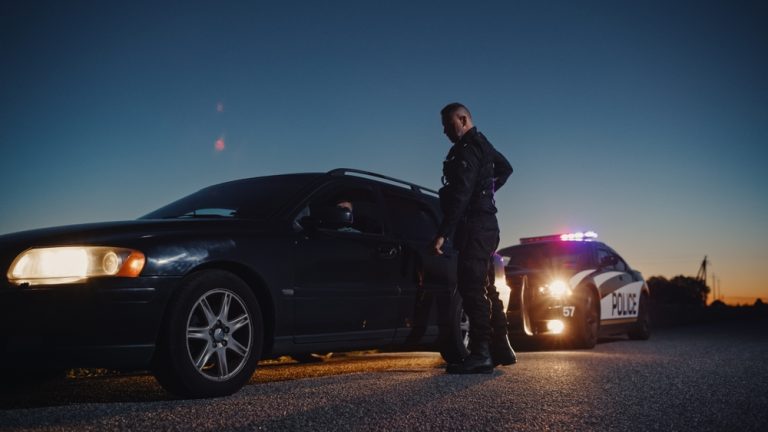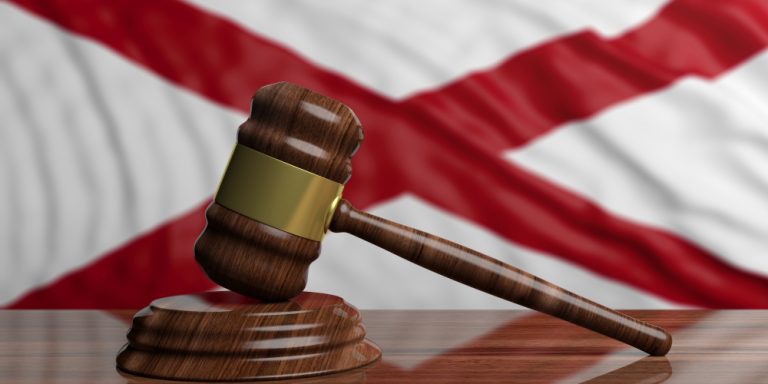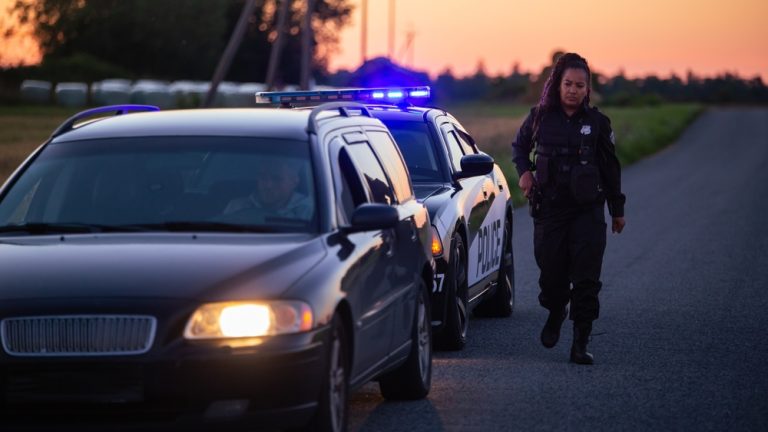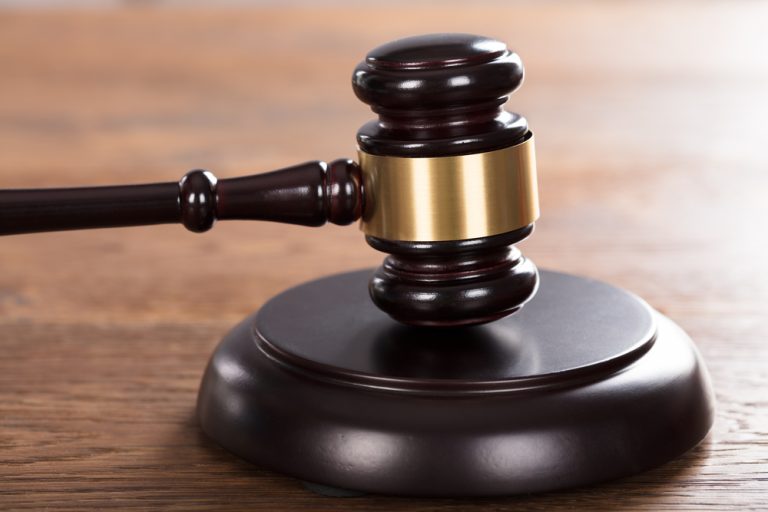4th DCA Reinforces Burden is on Plaintiff to Prove Actual or Constructive Notice in Slip and Falls
4th DCA Reinforces Burden is on Plaintiff to Prove Actual or Constructive Notice in Slip and Falls
A recent Fourth District Court of Appeal ruling illustrates how defendants in premises liability cases can posture themselves for success at the summary judgment stage by implementing and complying with comprehensive inspection protocols. In Brandy T. Oliver v. Winn-Dixie, the Fourth District Court of Appeal affirmed a Broward court’s grant of summary judgment in favor of Winn-Dixie in a foreign transitory substance case, reinforcing that the burden is on the plaintiff to establish that a premises owner had actual or constructive notice of a hazardous condition.
Over the last two decades, Florida’s laws involving slip and fall accidents have significantly evolved. In 2001, the Florida Supreme Court defined a “transitory foreign substance” as “any liquid or solid substance, item, or object located where it does not belong.” Owens v. Publix Supermarkets, Inc., 802 So.2d 315, 317 (Fla. 2001). Examples of transitory foreign substances include liquid spills and food items (the plaintiff in Owens had slipped on a “piece of banana”). The Supreme Court in Owens held that, once a plaintiff established that he or she fell as a result of that transitory foreign substance, the burden shifted to the premises owner to produce evidence that it exercised reasonable care under the circumstances.
In response to Owens, the Florida Legislature enacted Florida Statute §768.0710 in 2002, shifting the burden back to the plaintiff to prove that the premises owner acted negligently by “failing to exercise reasonable care in the maintenance, inspection, repair, warning, or mode of operation of the business premises.” The 2002 statute stated that actual or constructive notice of the alleged hazardous condition were not required, but could be considered. Florida Statute §768.0710 was eventually repealed in 2010 and the Florida Legislature enacted §768.0755 in its stead, placing a greater burden on the plaintiff to establish the premises owner’s liability in transitory foreign substance cases. Specifically, Florida Statute §768.0755 places the burden on the plaintiff to prove that the business establishment had actual or constructive knowledge of the hazard. Pembroke Lakes Mall Ltd. V. McGruder, 137 So. 3d 418, 424 (Fla. 4th DCA 2014). This change effectively made it more difficult for plaintiffs to succeed in slip and fall actions and eliminated negligent mode of operation as a cause of action in Florida slip and fall cases.[1]
On February 19, 2020, the Fourth District Court of Appeal affirmed Broward Circuit Judge Carol-Lisa Phillips’ grant of summary judgment in favor of Winn-Dixie in a foreign transitory substance case. Brandy T. Oliver sued a Broward Winn-Dixie after she slipped and fell on what was eventually determined to be a squished grape. Oliver’s daughter testified that she did not see her mother fall but she could not remember if there was liquid on the floor and did not notice any liquid until after Oliver fell and pointed it out to her. Another customer testified that he witnessed the fall and saw a “very small” substance that “could have” caused the fall. A Winn-Dixie employee stated in an affidavit that he was trained by the grocery chain to always be on the lookout for hazardous conditions and to address any hazards immediately. The employee was seen on surveillance footage passing through the area four times over a thirty minute period of time and he stated in the affidavit that during each of those times, he found the area to be clean, dry, and free of debris. After Oliver slipped and fell, the same employee reported to the area and observed the squished grape with “one slip mark” through the grape liquid. The store manager also stated in her affidavit that she observed a squished grape that appeared to have been stepped on, and a small amount of liquid with “one slip mark.”
Winn-Dixie moved for summary judgment, arguing that there was “a complete absence of any evidence that Winn-Dixie had actual or constructive knowledge of the existence of any liquid on the floor.” In her response to the summary judgment motion, Oliver attached her deposition transcript and argued that summary judgment was inappropriate because there were remaining issues of fact about whether the liquid was on the floor long enough to impute constructive knowledge of the substance to Winn-Dixie. The trial court held a hearing on Winn-Dixie’s summary judgment motion and, without elaborating, granted the motion.
On appeal, Oliver argued the trial court incorrectly placed the burden on her to prove that Winn-Dixie had constructive knowledge of the dangerous substance on the floor. In affirming the trial court’s order, the Fourth DCA held that once Winn-Dixie satisfied its summary judgment burden of showing that there were no disputed factual issue about its constructive knowledge, the burden shifted to Oliver to come forward with counter evidence sufficient to reveal a genuine issue. The Fourth DCA found that Oliver had failed to do so and thus, summary judgment in Winn-Dixie’s favor was proper. While Oliver argued that the surveillance video did not show exactly where the employee was looking when he passed through the incident area, this was not sufficient to create a material issue of fact. Rather, it left the employee’s affidavit as the only evidence about what he looked at when he inspected the area. There were still no facts to suggest that the grape and its liquid were on the ground for enough time to impute constructive knowledge to Winn-Dixie (such as wheel tracks through the liquid or observation by an employee or patron). Without those facts, the Fourth DCA agreed that Winn-Dixie was entitled to summary judgment and the trial court’s order was affirmed.
To stave off slip and fall
lawsuits, premises owners and operators should ensure they establish a clear
protocol regarding inspection, to train employees to inspect for potential
hazards, and to enforce a stringent inspection policy to ensure that spills or
other debris are promptly identified and cleaned in order to take full
advantage of the burden of proof standard created by Florida Statute §768.0755.
If a premises owner is sued for a slip and fall incident, a clear record of
compliance with this policy and diligent and regular inspections will help
prepare the case for a strong posture at the summary judgment stage. Wherever
possible, depriving plaintiffs of an opportunity to introduce counterevidence
(such as with lackadaisical inspection protocols which would allow hazardous
conditions to go unnoticed for unacceptably long periods of time) sufficient to
create a genuine issue as to constructive notice will leave the premises owner
well-suited to prevail on summary judgment.
[1] In enacting §768.0755, the Legislature mandated that proof of such knowledge is to be established in one of two ways: 1) either the condition existed for such a length of time that, in the exercise of ordinary care, the business establishment should have known of the condition; or 2) it occurred with such regularity (and therefore was foreseeable). Fla. Stat. §768.0755. No other method of proof is enumerated in, or contemplated by, §768.0755. By requiring that a plaintiff prove actual or constructive knowledge in every case, a plaintiff can no longer rely on the mode of operation theory, because the mode of operation theory was previously independent of the premises owner’s knowledge of a particular condition. Some plaintiffs still attempt to plead a cause of action under the negligent mode of operation theory. If this count is included in a complaint, it should raise a red flag and the defendant should immediately move to dismiss this outdated cause of action.







